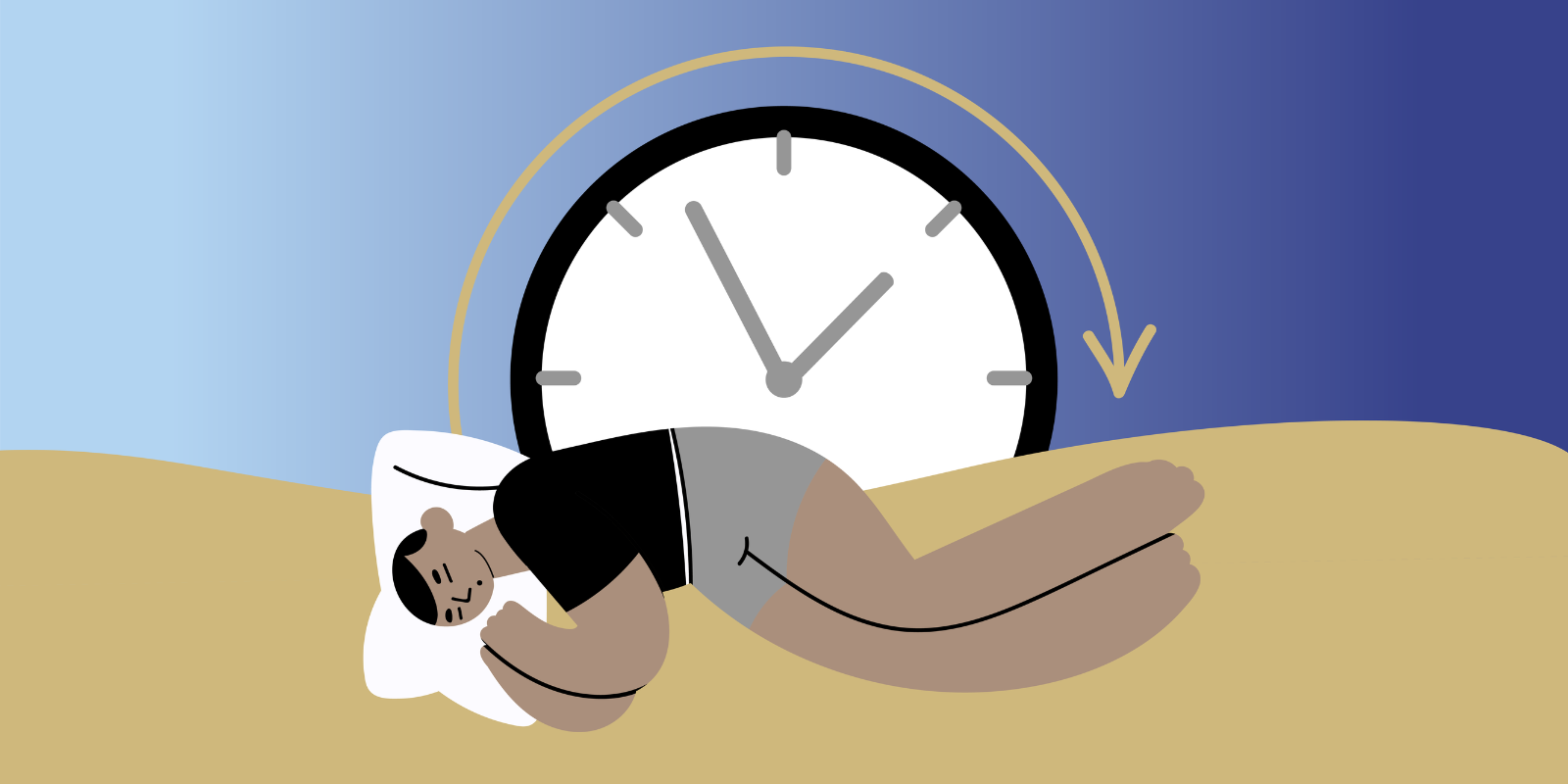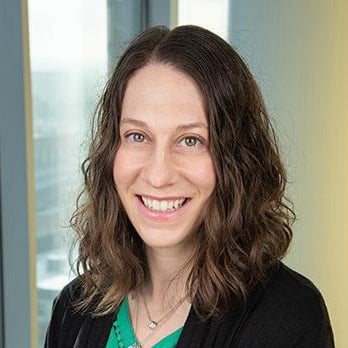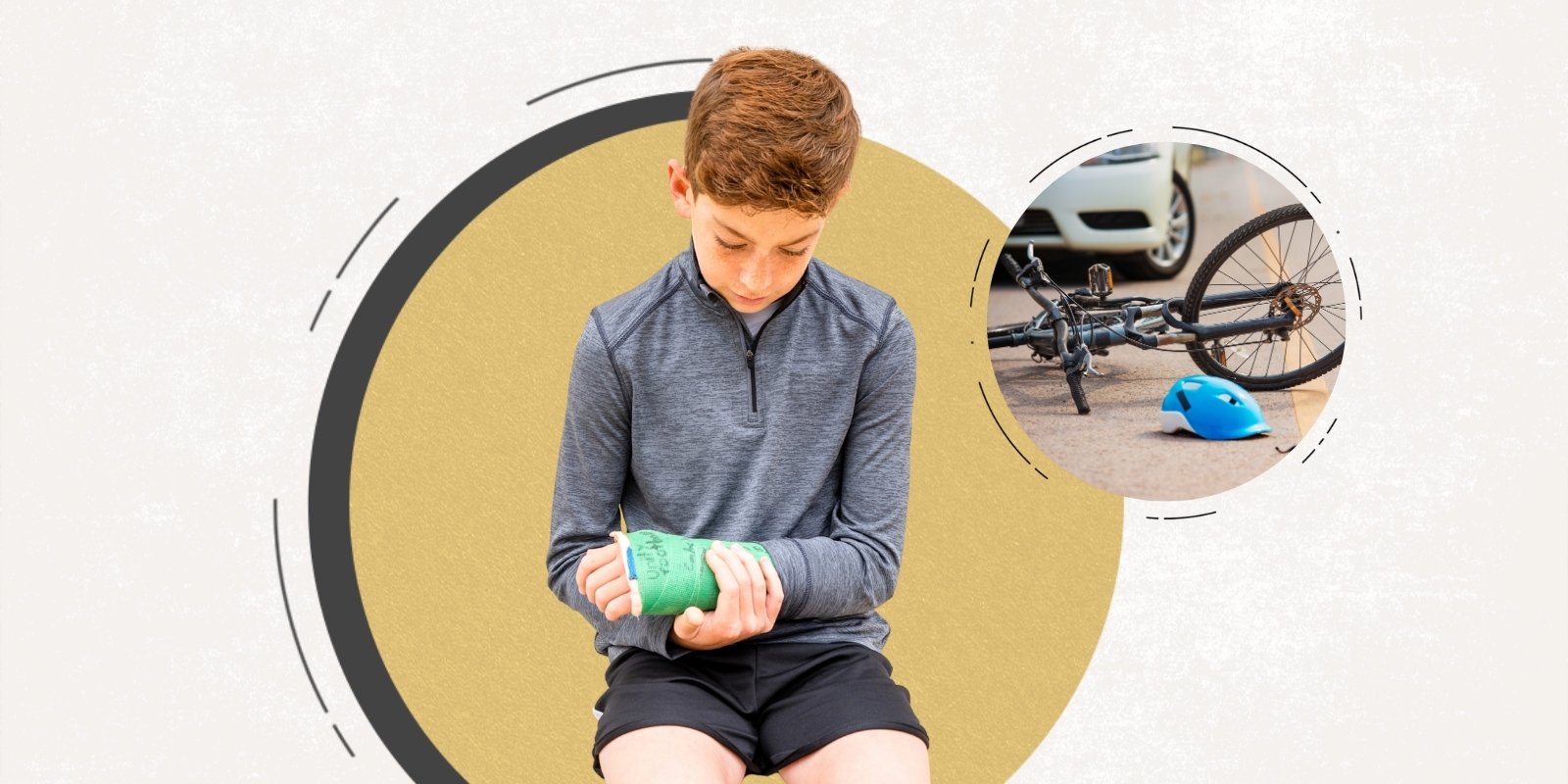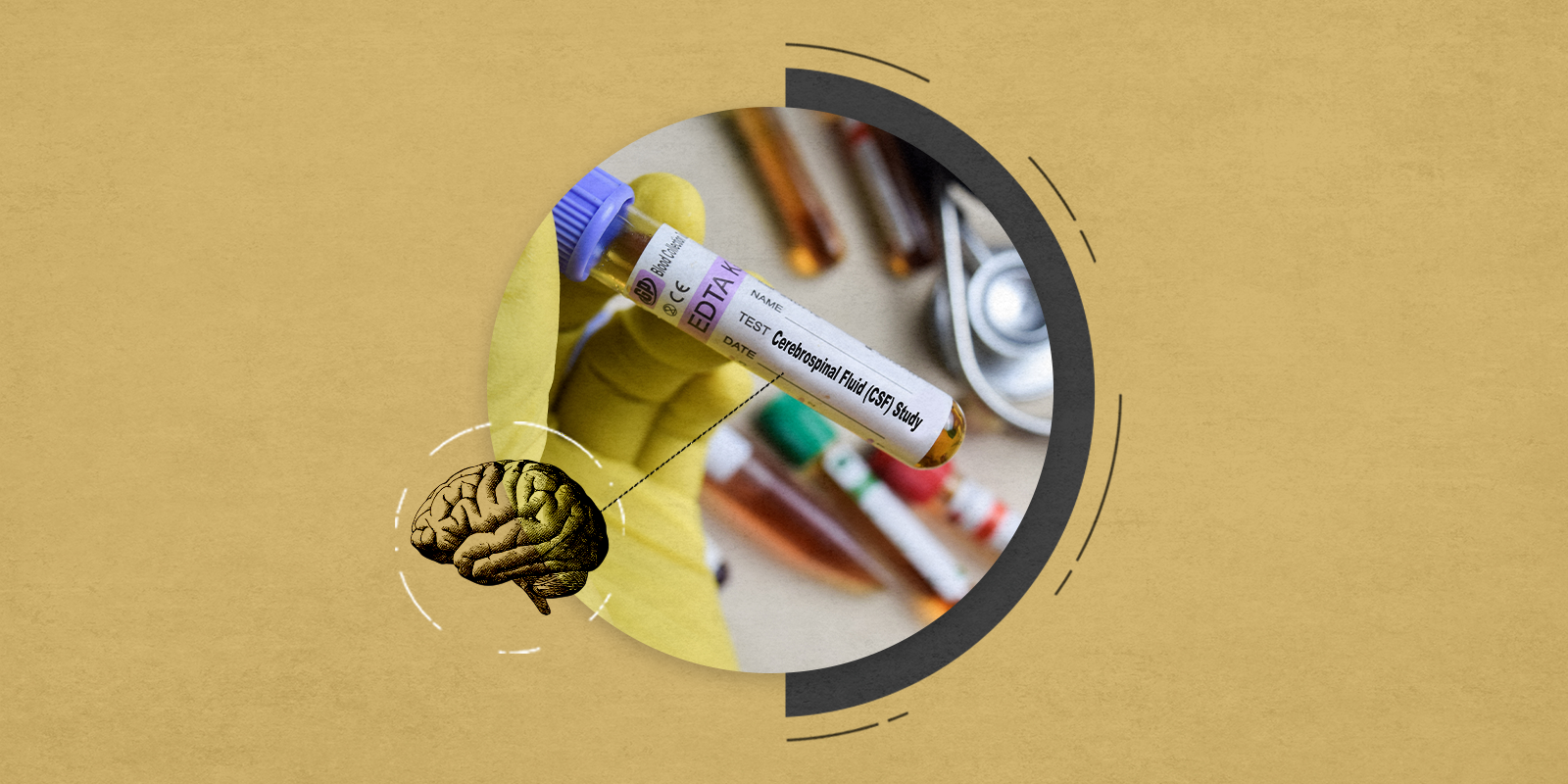What is the most helpful thing a person can do to reverse or prevent sleep troubles?
Maintain that consistent sleep-wake cycle. It helps set our body’s circadian rhythm, so our body knows when we should feel sleepy and when to feel awake and alert. So even if someone has a poor night of sleep, getting up at their regular time and maintaining their regular daily routine is really helpful, so they can fall asleep more easily the next night and get back on schedule.
Is a no-screen-time period important?
Yes, avoid screens or that bright light from electronics 30 to 60 minutes before going to bed. The light can delay our circadian rhythm, so we’re not feeling sleepy. Also, just the activities that we tend to do on electronics before bed can be stimulating. For example: reading about really stressful events in the news, right? It’s going to heighten that arousal. Replace electronics before bed with relaxing activities that can help with both stress management and with sleep. Reading a book for pleasure. Listening to music. Relaxation exercises. Journaling. All those things are really helpful for relaxing our brain and body.
What about people who say they cannot fall asleep without the TV?
Some people, especially folks who have a lot of racing thoughts or just can’t turn off their brains, find the distraction from listening to the TV helps them tune out their own thoughts and relax. What I suggest for those folks is to swap out the TV for an audio book or relaxing podcast, so you still get the auditory stimulation, but you don’t have the bright light.
Many people like a nightcap to unwind before bed; is that fine?
Some people have this misconception that alcohol helps them sleep. It may make them feel sleepy, but it actually disrupts our sleep cycles and results in more fragmented sleep at night. So, it’s not recommended as a sleep aid.
What if someone follows sleep hygiene protocol and still can’t sleep?
That’s when I encourage people to consult with a specialist or PCP (primary care provider), because there may be some kind of underlying sleep disorder going on.
What is cognitive behavioral therapy for insomnia (CBTI) and is it used often?
CBTI, or cognitive behavioral therapy for insomnia, is actually a first-line recommended treatment, and it’s been shown to be effective with long-lasting improvements. CBT broadly is an intervention that can be really helpful for anxiety and depression. CBTI is for insomnia – provided by experts with advanced training in behavioral sleep medicine – that helps people focus on all of their thoughts and behaviors around sleep and teaches them how to modify them to allow for healthier sleep. And a trained provider can identify if there are mental health symptoms or other health concerns that are playing into the sleep problems, so they can be addressed.
To find a trained CBTI (cognitive behavioral therapy for insomnia) provider, visit the Society of Behavioral Sleep Medicine.
What about people who might not have time for or access to in-person CBTI? Are there other viable options?
I think there’s a misconception that CBTI takes a really long time. It is actually typically delivered over just four to eight sessions. And patients often will start to see improvements within the first couple weeks. I also really encourage people to think about it as an investment in their health. But I understand that accessing a trained CBTI provider can be difficult for some people. There are some self-guided books or apps that can be a good starting place. Also, so many providers now offer telehealth, so it’s really making access less of a barrier than it used to be.
When are sleep aids appropriate?
It is normal to have an occasional poor night of sleep, and sleep medications can be beneficial in some instances short-term. But they are really not the answer to sleep problems long-term. You need to address the problem: Is it stress management? Is it anxiety or depression? Is it needing that cognitive behavioral therapy for insomnia? Those are going to be the long-term fixes. We do have really excellent treatments for sleep problems that I do wish people were aware of.
What can you tell us about CBD and/or THC sleep products?
There’s really just very little research about the impact of those things on sleep, and a lot of the information out there is anecdotal rather than research based. But some research suggests that things like THC and CBD could negatively alter our sleep cycles, increase night wakings or result in more fragmented sleep. So again, there’s some potential side effects.
What’s your take on all the social media miracle cures for sleep, from cherry juice cocktails to ashwagandha to ice baths?
I am always skeptical of miracle cures. If it sounds too good to be true, it probably is. But that being said, if people feel like drinking cherry juice or having Sleepytime tea or taking certain supplements, if they feel like those are helpful, or if they are incorporating it as part of a consistent relaxing bedtime routine, as long as they don’t have any negative side effects or risks, then sure. It may be helpful for them. But it is unlikely that any one of those things is going to be the magic fix for insomnia.
Get some Sleepio: Anthem CU Health Plan members have free access to the sleep-improvement program Sleepio. Six online sessions offer instruction on establishing a healthy sleep pattern through science-based cognitive and behavioral techniques. The program addresses mental factors associated with sleep problems to help people overcome worry and other negative emotions and offers access to sleep experts to address questions.
What if someone has been ignoring sleep issues for a long time?
It’s never too late to get treatment for sleep problems. With CBTI, we can help those who have been experiencing insomnia for a long time make some remarkable improvements in their sleep.
What are signs it’s time to seek a professional for help with sleep troubles?
When people observe that their sleep problems are really negatively impacting other aspects of their life – so their relationships, their work, their mental health, their overall well-being. If they’re consistently and excessively sleepy during the day, then that’s definitely a time to consult with your doctor. A lot of times people feel like sleep problems are so overwhelming, and it can sometimes feel insurmountable, but, again, we really have effective treatments, and it can be truly life-changing when people are getting good sleep.
This interview was edited for length and clarity.





